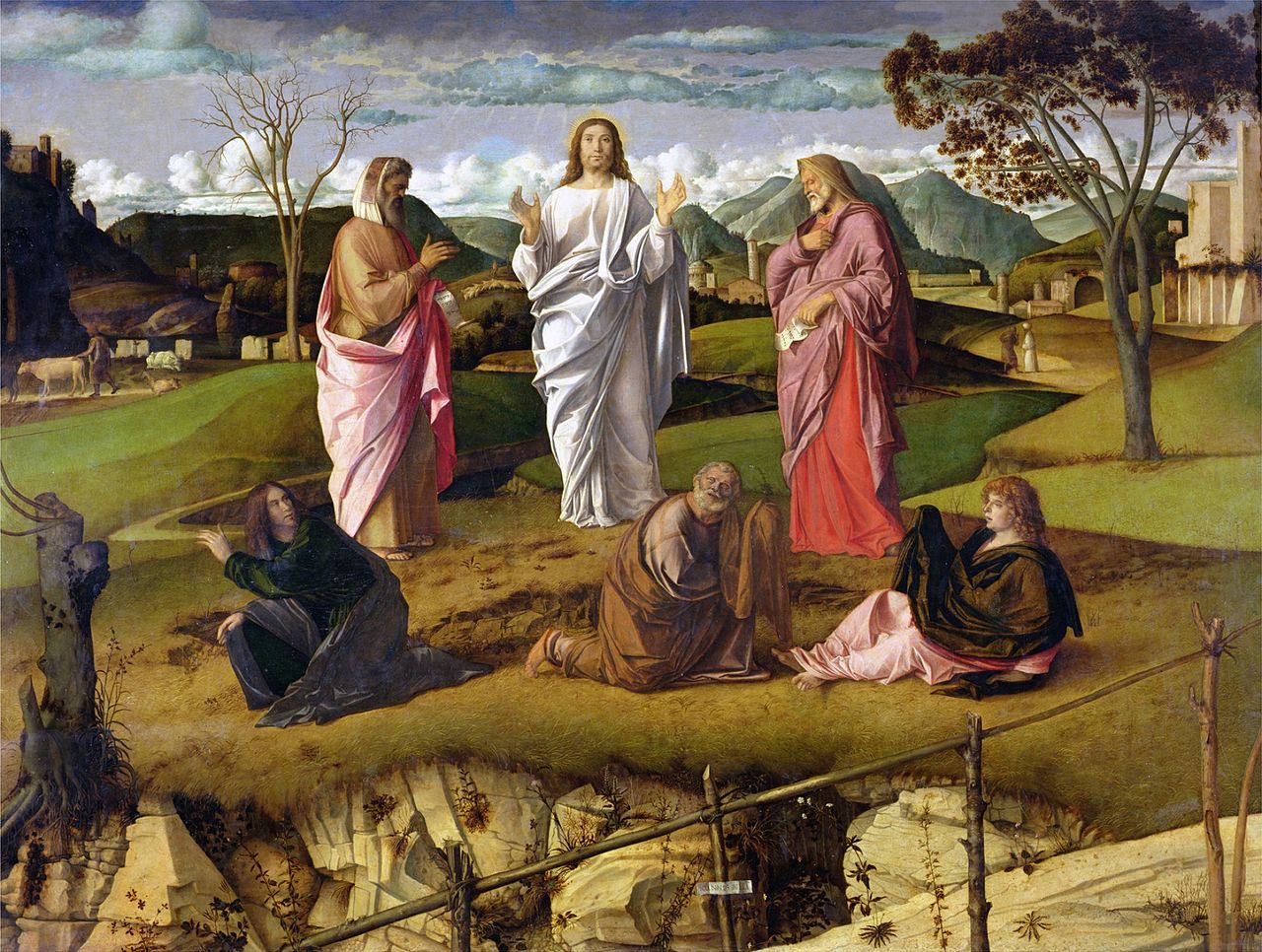
“Remember that you are dust, and to dust
you shall return.”
Sudden losses can really shake us. If we
have any kind of mature introspection at all, the death of a family member or
close friend, the loss of a job, the break-up of a relationship, or a serious
health crisis will cause us to start taking stock of who we are, what our
purpose is, and what God is doing in our lives. Perhaps this is why the
Christian Church has historically given us this artificial shock of Ash
Wednesday which begins our forty-day Lenten journey. We begin this holy season
with the sign of decay on our foreheads and the words, “Remember that you are
dust, and to dust you shall return.” The knowledge of our mortality leads us
into the time of fasting, abstinence, more prayer and worship, and giving of
alms. The deep purple paraments and loss of the joyful cries of “Alleluia!” in
our worship service are reminders to reflect not only on the death of Christ,
but on our own death. How will this reminder affect us?
Our first Sunday lesson has
Jesus experiencing his own Lent. He’s in the wilderness for forty days (Matthew
4:1-11) where he goes hungry and is tempted by the devil. How did those forty
days change him, I wonder? In the gospel narrative he had just been proclaimed
Messiah by John the Baptist and people had experienced the heavens opening at
his baptism. Yet even at such a sublime moment, the Holy Spirit saw fit to
snatch him away and send him on a journey to face loneliness, hunger, danger,
and temptation. I can’t imagine he was the same on day 40 as he was on day 1.
After all, if you had to endure (and maybe you have) a time of shocking change
when you came plummeting down from a great height of security to face death or
privation or heartache or confusion, how would you be changed?
Next year my high school
classmates and I will be marking the fortieth anniversary of our graduation.
I’m not really planning to make the trip back to California for a reunion, but
I do wonder what happened to all of those “kids” with whom I was so close so
long ago. At such events people often say, “Gosh! You haven’t changed a bit!”
and mean it as a compliment. I’m not sure I want to hear that. I know I’m not
the same as I was forty years ago. I have gray hair and poor eyesight and
somewhat less energy than I did in 1978, but I also see the world and my place
in it differently. Truthfully, I am grateful to have changed and aged and
experienced all the events—good and bad—which have made up the last four
decades of my life on earth. There have been dashed expectations and unexpected
joys, and I can’t help but believe that God has been trying to make me into a
new person.
If there is a change in me at all, perhaps it’s that I take
the admonition of the Ash Wednesday gospel (Matthew 6:1-6, 16-21) a bit more
seriously. I don’t want to sound the trumpet when I give alms or stand in the
street corner and pray long prayers. The older I get, the less I care about
what others think, the less ambitious for praise and advancement I become. I
have to learn to be satisfied with my lot in life, and I have to prepare myself
to give an account to God and not to the world.
I hope—and pray—that I have
done right by the congregation I have been called to serve. I hope they find in
me a compassionate servant and one who has shepherded them with integrity
through the changing times we face. For, you see, the church of the 1960’s and
early ‘70’s may have been about supplying us with a weekly dose of spiritual
energy, but now I believe that the emphasis has moved off of what the
institutional church gives us and onto what we—the living church—give
the world.
As we enter the annual journey
into Lent, I pray that the spiritual disciplines of this season will be
transformational. May we seek a living resurrection as people who are daily
drowned in our sins and brought back to new life—and as new people—through faith
in Christ.
God
be with you, dear reader, in these forty days.


